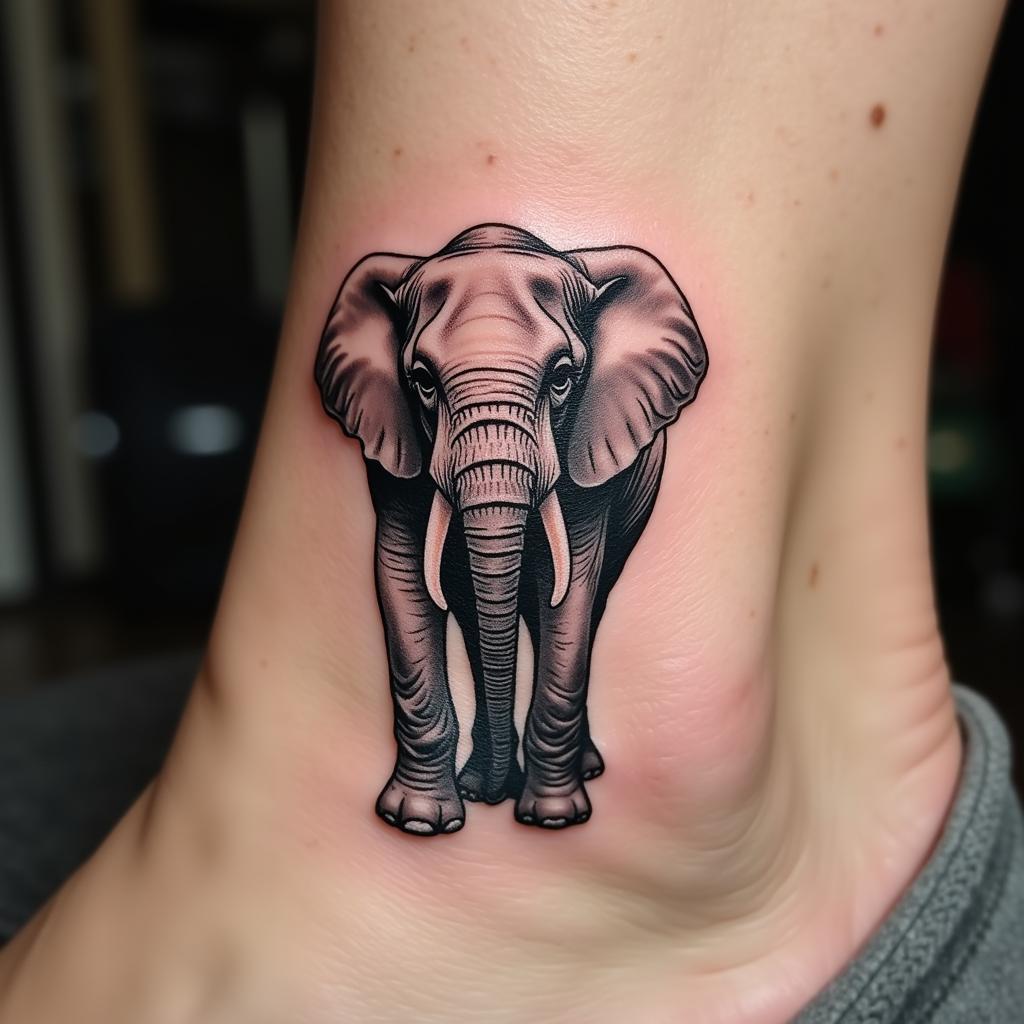African American Culture and Healthcare: A Deep Dive
African American Culture And Healthcare are intrinsically linked, shaping both individual health choices and experiences within the medical system. This connection influences everything from preventative care practices to treatment outcomes, reflecting the unique history, traditions, and societal factors impacting this community. Understanding this intersection is crucial for providing equitable and effective healthcare.
Historical Influences on African American Health
The legacy of slavery and systemic racism has profoundly impacted African American health. Generations of limited access to quality healthcare, nutritious food, and safe living conditions have contributed to health disparities that persist today. Practices like the Tuskegee Syphilis Study further eroded trust in the medical system, leading to hesitancy and lower rates of preventative care. This historical context is vital for understanding present-day healthcare challenges. After the Civil War, newly freed African Americans faced significant barriers to accessing healthcare, including segregation and discrimination. These barriers limited opportunities for education and economic advancement, further exacerbating health disparities.
Cultural Factors and Health Beliefs
Cultural beliefs and practices within the African American community play a significant role in health decisions. Strong family ties and community support can be protective factors, promoting resilience and positive health behaviors. However, some traditional remedies and practices may not align with modern medicine, creating a need for culturally sensitive healthcare providers who can bridge these gaps. For example, reliance on home remedies or faith healing may sometimes delay seeking conventional medical treatment.
Addressing Health Disparities in the African American Community
Recognizing and addressing the root causes of health disparities is critical. Initiatives focused on increasing access to quality healthcare, improving health literacy, and promoting culturally competent care are essential. Community-based programs that address social determinants of health, such as access to healthy food and safe housing, are also crucial. These efforts must be collaborative and inclusive, involving community members and leaders to ensure their effectiveness.
The Role of Trust in Healthcare
Building trust between African American patients and the medical community is paramount. This requires acknowledging past injustices and working towards a more equitable and respectful healthcare system. Culturally sensitive training for healthcare professionals is essential to ensure that they understand and address the unique needs of African American patients. Open communication, shared decision-making, and respect for cultural beliefs are vital for fostering trust and improving health outcomes. Dr. Ayesha K. Fofanah, a leading expert in culturally competent care, emphasizes, “Trust is the foundation of a strong patient-physician relationship, particularly within communities that have historically faced medical mistreatment.” She further states, “Culturally sensitive care is not just about being polite; it’s about understanding the deep, complex factors that influence health behaviors and decision-making.”
Navigating Healthcare Resources for African Americans
Many resources are available to support African American health and well-being. Community health centers, faith-based organizations, and national advocacy groups offer a range of services, including health screenings, education, and support. Online platforms and mobile apps can also provide valuable information and connect individuals with culturally relevant resources. Dr. Kwame Asante, a prominent public health advocate, advises, “Empowering individuals with knowledge and access to resources is crucial for promoting health equity.”
Conclusion
African American culture and healthcare are intricately intertwined. Understanding the historical, cultural, and societal factors that influence health outcomes is essential for achieving health equity within this community. By addressing health disparities, building trust, and promoting culturally competent care, we can work towards a healthcare system that effectively serves the needs of all. For more on African American family dynamics, visit african american family. To understand the complexities of supporting this community, further information can be found on african american org.
FAQ
- What are some common health disparities affecting African Americans?
- How can I find culturally competent healthcare providers?
- What are some reliable resources for African American health information?
- How can I advocate for better healthcare in my community?
- What are some examples of culturally sensitive healthcare practices?
- Where can I find support for managing chronic health conditions?
- How can I learn more about the history of African Americans and healthcare?
For related information, consider reading about african child day story. Understanding the challenges faced by African grandmothers can be enlightening, so you might find african grandmother son rape p informative. Additionally, african american penis size may be a topic of interest.
When in need of assistance, please contact us at Phone Number: +255768904061, Email: kaka.mag@gmail.com, or visit us at Mbarali DC Mawindi, Kangaga, Tanzania. Our customer care team is available 24/7.

